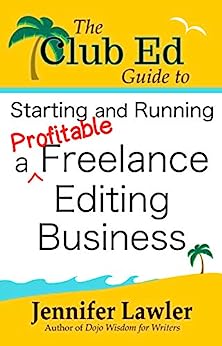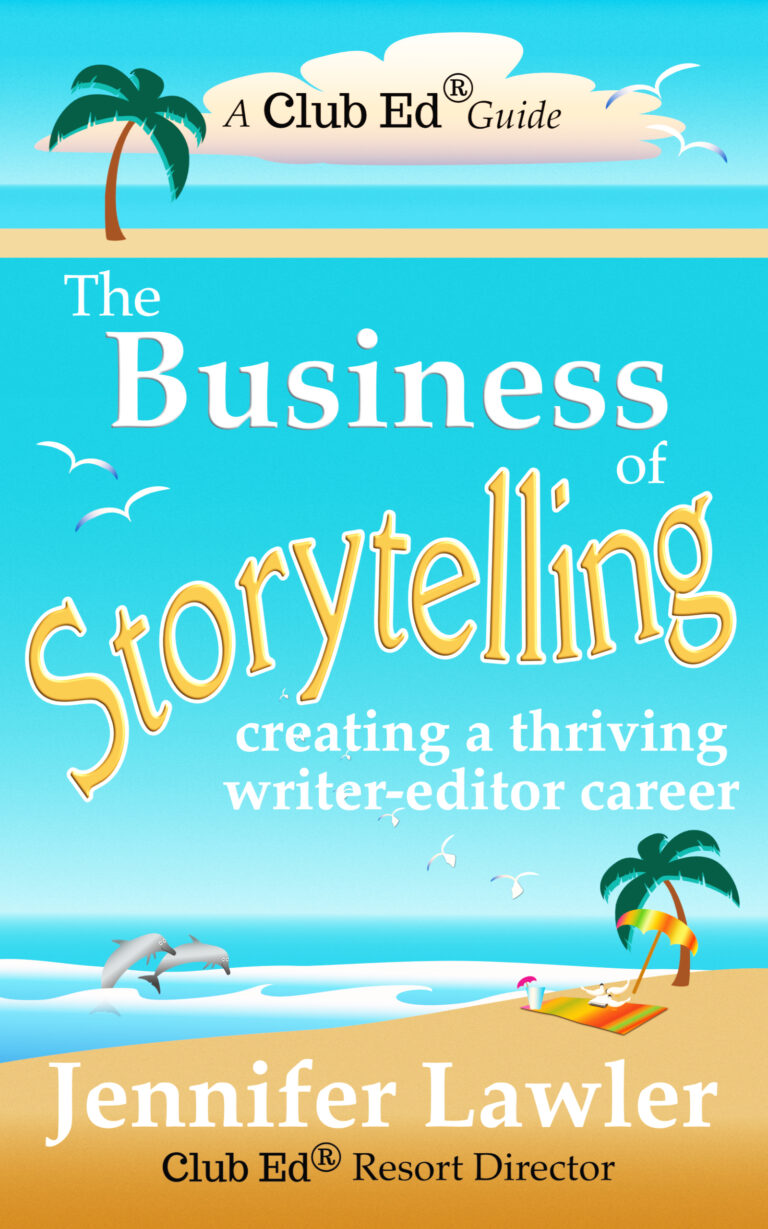How to stop attracting the wrong clients
“I’m not teaching the whiners anymore.” A friend of mine who also runs an online education company said this to me a couple of weeks ago when we were talking about the direction we wanted to take our respective businesses.
Personally, I don’t get the kind of students you’d call whiners—that is, people who complain about the learning management system or the content or the feedback. Sure, people sometimes have suggestions for how I could do things better or at least differently but nothing that would cause me to categorize them as whiners.
Don’t give away too much for free
But how exactly do we stop attracting the wrong clients and start attracting those we really want to work with?
I dug into this with my friend a little more and it turns out she offers tons of free content, including many free classes. And I gotta say, this struck me as Problem #1. People don’t value what they don’t pay for.
Most people who pay for something are invested in helping to solve whatever problems might arise in the delivery of that something. They want the product or service to work as intended. So if they can’t seem to get from one lesson to the next, they look for the solution in the FAQ or elsewhere on the website, or they email me and politely ask for my help.
People who pay for educational services like mine also experience themselves as serious/professional. People just soaking up free stuff aren’t serious. But they are demanding. Every freelancer I know will tell you that the very worst clients ever are the ones who pay terrible fees, want it all done yesterday, and expect you to work nights and weekends while they complain about everything you do.
So, step 1 in not working with whiners is to expect people to pay professional fees for your services.
Don’t solve all their problems
The next thing that cropped up was that a lot of her learners are older and don’t understand technology and she spends a lot of her time trying to solve their tech problems.
I don’t. The other day someone signed up for one of my classes then complained that the next time she went to the website, the website wanted her to pay for the class.
Well, you have to log in! Just like on Facebook or your bank. I mean, come on. The email you get when you buy the class explains this very clearly. I refunded her money and sent her on her way. If you can’t figure out how to log in, online learning is probably not for you and I know I’m not the right teacher for you.
So, to stop attracting the wrong clients, my friend needs to set limits, especially around her free classes. Why is she wasting time solving tech problems for people who aren’t even paying her to teach the class?
Don’t set out a net that will catch the wrong clients
Next, we looked at what drives people to her website. She uses YouTube a lot and gets a lot of views of her how-to videos and that leads to people seeking out her website. But these are almost all people who just want more free content.
No one’s audience is everyone. So, the better your marketing matches your audience, the fewer whiners you’ll have.
Sometimes I see “Read books for a living!” ads for proofreading courses and while I’m sure they’re effective at generating leads, I doubt very much that they find good matches. I’m sure they find students but probably not matches. Proofreading is not reading books for a living. Neither is copyediting or developmental editing. Books are, or can be, involved, but . . . . It’s like saying a plumber plays in the water all day.
Editing is hard. Freelancing is hard. It takes time and effort to get good at it. I try to take some of the pressure off at Club Ed but I don’t pretend it’s easy. People who wind up in my classes know they’re at the start of a journey. So, I don’t get complaints from people who think two months into it they’d be killing it by now.
If you want serious students/clients, you have to make it clear that’s what you do. I like to think my classes can be entertaining but I have absolutely no desire for anyone to think of them as entertainment.
I’m not trying to reach everyone with my marketing. I’m trying to reach the right people.
I don’t think 30K views of a LI post is better than 3k views. The right people have to see it and frankly that is more common at 3k views than at 30k views.
I’m not the right teacher for everyone, not even everyone who wants to be a DE. I want us to figure that out before anyone gets disappointed.
Sometimes the marketing isn’t the (only) reason for client mismatches
The final thing we looked at when trying to figure out how to stop attracting the wrong clients was how people experienced the student-teacher relationship with my friend. It turned out that all of her long-term students were students she had taught in person. None of them were people she’d taught online only.
That was a little shocking to me, actually. Online teaching is hard both for students and teachers but to not convert any online student to long-term learning means some kind of disconnect is happening.
Since the content of the classes is the same/similar whether in person or online, the cause for this isn’t obvious. One reason could be that camaraderie among students makes those in-person students stick with the teacher even though the same kind of camaraderie can’t be duplicated online.
I suspect that the in-person students who converted to online are more advanced students, so it may be that they’re connecting with my friend at a level she finds more interesting and so they find their interaction with her more rewarding.
Similarly, it could be that the in-person teaching allowed them to create a relationship that isn’t happening with the online-only students.
It’s also possible that the feedback mechanism is a problem. I would recommend my friend consult with colleagues in the subject matter to find out if there are better ways to deliver online feedback.
If my friend is delivering feedback online the same way she did in person, it could be that some element is not being communicated—that is, perhaps she is being experienced as rude or abrupt whereas in person she might be experienced as warmer and more understanding.
It may also be that she is delivering too much feedback and isn’t aware of this because the interaction isn’t as immediate; a more advanced student can assimilate a lot of feedback much better than a beginning student can. And it’s much easier to tell when you’re about to give someone too much information when you’re teaching in person. Again, consulting with colleagues who are doing similar work could help her adjust her delivery.
A final note
While I totally get that “I don’t want to teach the whiners” as a goal (I mean, “I don’t want to work with assholes” is my personal motto), there is always the possibility that my friend is feeling burned out.
If you can’t honestly say, “I really like and respect the vast majority of the people I work with” maybe the problem is you: you have the wrong mindset or attitude or you’re just charred around the edges. No amount of tweaks to your marketing will fix this.
Ultimately, how to stop attracting the wrong client is really just focusing on how to attract your ideal client. I recommend taking a break, disconnecting from everything and checking in with yourself. You may need more serious help.
Join the Club!
New to story editing? Begin at the beginning.







